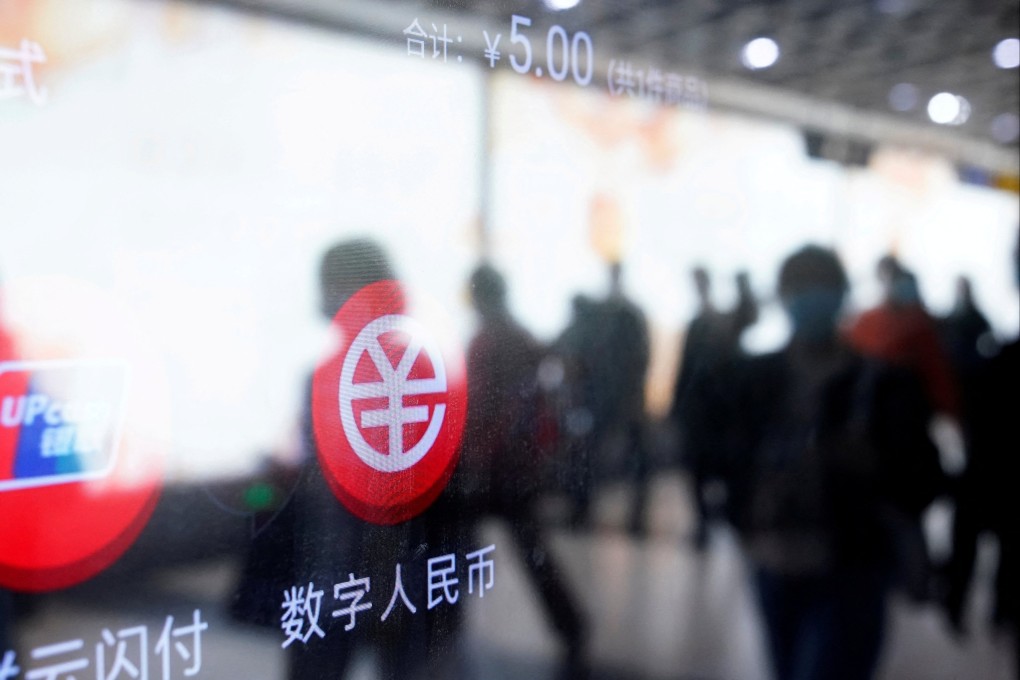China’s digital currency: e-CNY trials move beyond retail to cover corporate loans for small businesses and tax payments
- In Suzhou a concrete producer borrowed 1.5 million yuan from the Agricultural Bank of China to pay suppliers in e-CNY: Xinhua Daily
- The digital currency – officially called Digital Currency Electronic Payment (DCEP) – has also been used in Chongqing municipality for tax purposes

Trials of China’s digital yuan have expanded beyond retail consumer use to cover corporate loans and taxes, as Beijing continues to push ahead with its plans for the e-CNY.
Loans have been granted to small and medium enterprises (SMEs) in the form of digital yuan in at least three cities, according to research by the Post. The latest case was in Suzhou in eastern Jiangsu province, where a concrete producer borrowed 1.5 million yuan (US$222,000) from the Agricultural Bank of China with the proceeds to be used to pay suppliers in e-CNY, according to a Tuesday report by state-run newspaper Xinhua Daily.
Because e-CNY was used for the transaction, the funds were transferred “faster” and “free of service charges” compared with traditional lending, according to the report. In China, small businesses find it difficult to borrow from banks so they often turn to lending agencies for help – but this can come with fees of between 1 and 3 per cent.
According to the report, a plastic products maker in Xiamen in southeastern Fujian province, earlier this month also borrowed 90,000 yuan in digital format from Chengtai Microcredit, a micro credit agency. And in April, a hospitality company in Qingdao, Shandong province, borrowed the same amount from online lending platform Guo Sheng Inclusive Finance.
Meanwhile, Shanghai-based construction materials manufacturer Zhongxiang obtained 2.8 million yuan in e-CNY through factoring, a type of finance in which a business sells its receivables or invoices to a third party to meet its short-term liquidity needs. The borrower, SY Holdings Group, said it would continue to explore the use of digital yuan in construction sites and hospitals.
Besides loans, the digital currency – officially called Digital Currency Electronic Payment (DCEP) – has been used in Chongqing municipality for tax purposes. Local home decoration provider Powerdekor paid 3,009 yuan using its e-CNY wallet via the Industrial and Commercial Bank of China, the largest bank in China, according to the report.